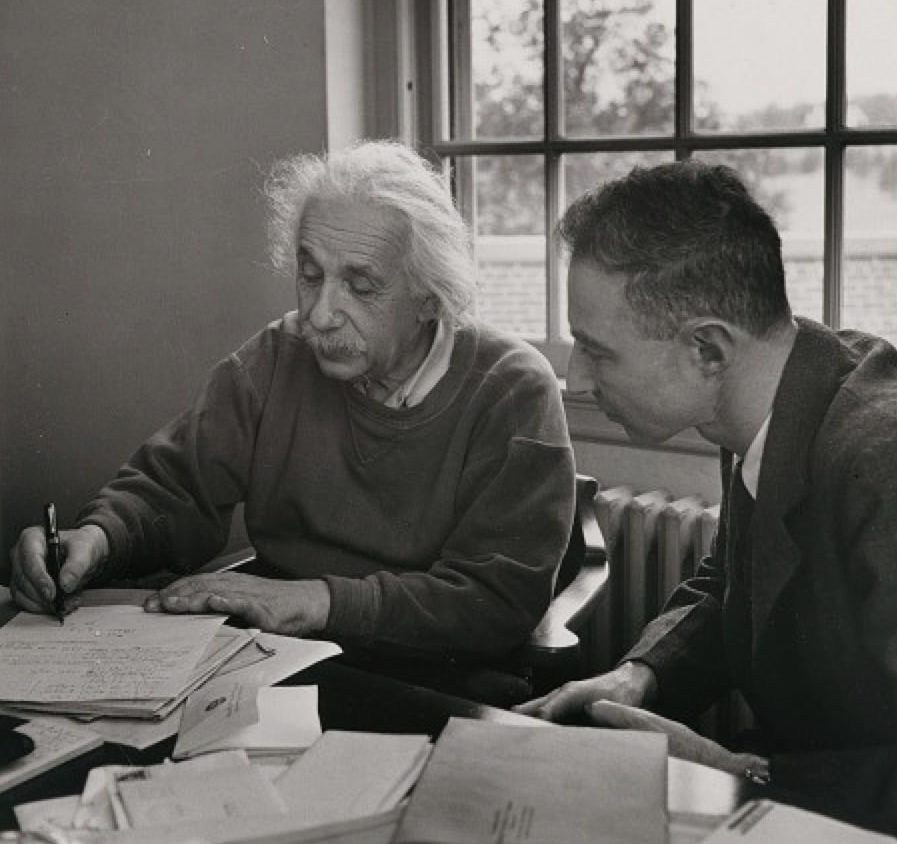
Teams of talented people with diverse specialties and strengths are particularly difficult to manage, because they are typically unique individuals with strong egos. They do not easily defer to others or take directions without question.
Therefore, it takes someone with strong leadership qualities who is recognized as a person the team members can respect. First and foremost, such a person must have a passion for achieving the goals to which the team is committed. For example, Robert Oppenheimer was the leader of the Manhattan Project, dedicated to the production and delivery of the first atomic bomb to be used in warfare. His team members included a wide range of diverse personalities with strong egos, including John von Neumann, Edward Teller, Stanislaw Ulam, Enrico Fermi, Richard Feynman and many other highly accomplished physicists and mathematicians.
While Oppenheimer’s credentials earned him respect, he had to provide the leadership that would instill confidence that he could successfully guide the project to a successful end. To achieve this, he divided the scientists into smaller groups, each group with a specific task. In the book Robert Oppenheimer, author Ray Monk quotes Robert Serber, one of the Manhattan Project physicists, who reported:
He could understand anything…he would show up at innumerable different meetings at Los Alamos, listen and summarize in such a way as to make amazing sense. Nobody else I ever knew could comprehend so quickly
Along with this, he developed tremendous tact. There was a big advisory council that gave Los Alamos the appearance of a democracy just because he handled it so well. Everybody was convinced that his problems are the urgent and important ones, because Oppenheimer thought so.
Using low-key but coercive leadership skills, Oppenheimer was able to meld the individual intelligences and insights into a collective intelligence without running into the dangers of a groupthink that suppresses individual insights.
In addition to natural leadership skills, is the importance of breaking large groups into smaller groups with specific sub-goals. Large groups get bogged down in discussions, while small groups work more efficiently. Jeff Bezos, founder of Amazon.com once said that the groups should be small enough to be fed by two pizzas, i.e. no more than 8 people. This later evolved into the idea of single-threading, which means, breaking complex problems into simpler problems that can be solved one at a time (by small subgroups) and then combined for a total solution.
Of course, it is difficult to provide a manual for how to meld individuals into powerful collective groups, because personality attributes such as those possessed by Oppenheimer vary across individuals. Yet the description above offers some suggestions about organization.
